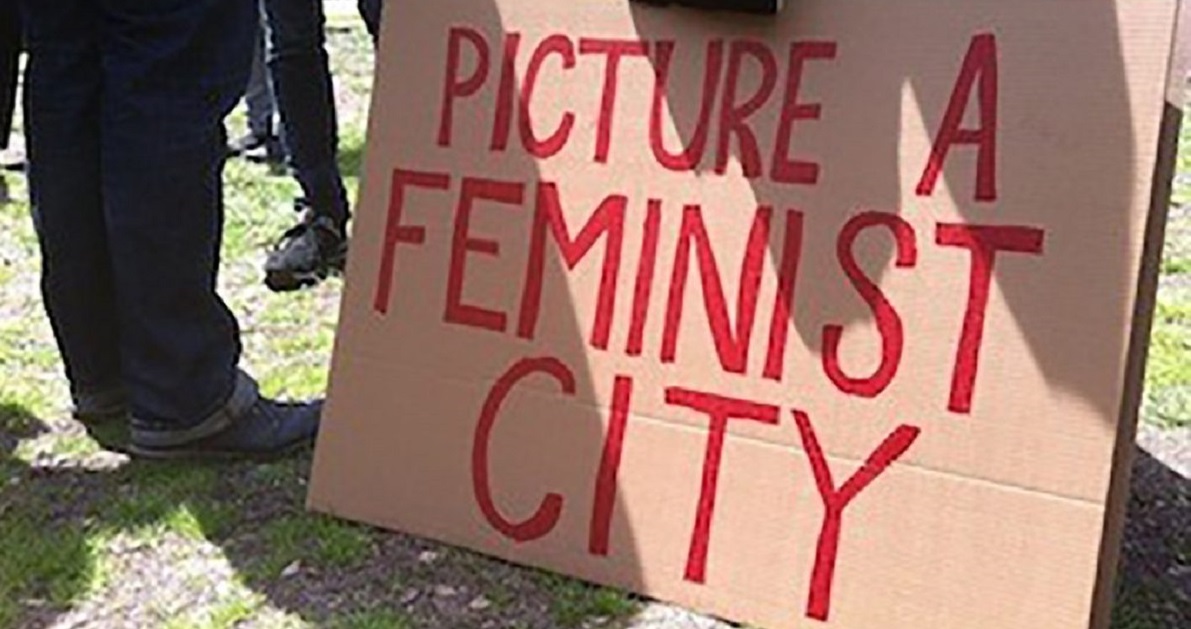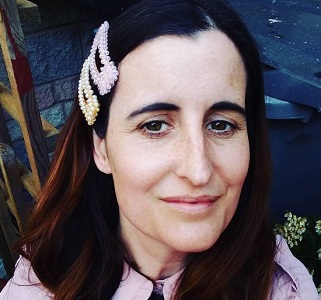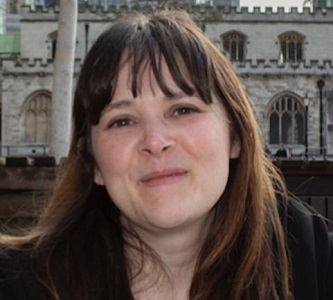Aligned with the Heseltine Institute’s urban focus, and our role as a convenor of dialogue and collaboration to address urban challenges, the Liverpool Feminist City network offers a space for University of Liverpool researchers, policy-makers and practitioners to come together to address the question of how can we live more justly in an urban world.
A ‘Feminist City’ is one which is human-centred and inclusive of marginalised groups, including but not limited to women. A number of cities internationally have now aligned with this label, including Glasgow which became the UK’s first self-proclaimed ‘Feminist City’ in 2022.
Using an intersectional lens, the Liverpool Feminist City network considers how women experience and engage with the city, and harnesses the lively debate and ongoing experimentation with this idea, re-framing conversations on urban design, public space, public safety, governance, institutional design, and public policy and services, and aiming to understand how can we create cities that work better, not only for women, but for us all.
The work of the Liverpool Feminist City network aligns closely with the University’s commitment to the UN’s Sustainable Development Goals, notably to:
- Achieve gender equality and empower all women and girls (Goal 5)
- Reduce inequalities within and between countries (Goal 10)
- Make cities and human settlements inclusive, safe, resilient and sustainable (Goal 11)
We meet regularly as a network to share and profile our research activity, and provoke research connections and collaborations.
Liverpool Feminist City network is open to researchers (including doctoral students) across disciplines and Faculties. Collaborations between network members involve co-supervision of doctoral students and externally-funded research applications.
The Liverpool Feminist City network is convened by Heseltine Institute, Co-Director, Professor Catherine Durose and Geography and Planning’s Dr. Catherine Queen.
To be added to the Liverpool Feminist City network and to have your work profiled here, please contact heseltine@liverpool.ac.uk.
Network members
Back to: Heseltine Institute for Public Policy, Practice and Place




.jpg)







.jpg)
